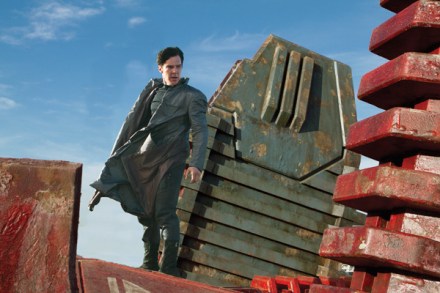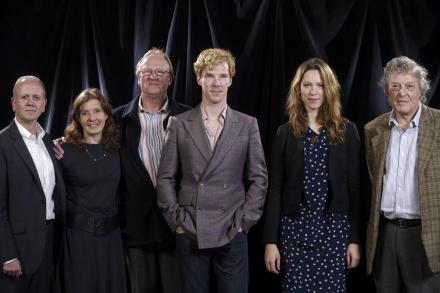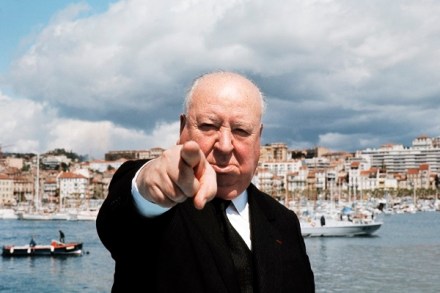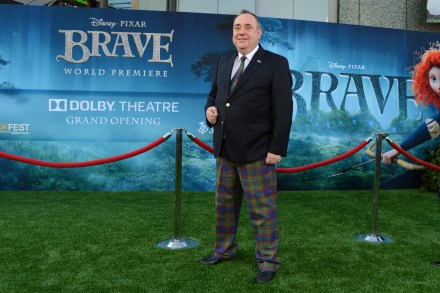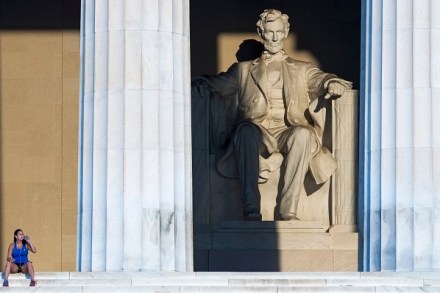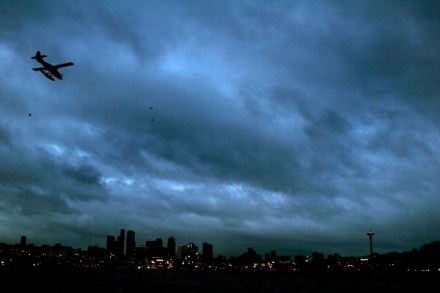Film review: Drifting with Something in the Air
Something in the Air is a French film set in Paris in 1971, three years after the uprisings of June 1968; a time when civil unrest was still ongoing but starting to tail off. In France, this film is titled Après Mai, which makes a lot more sense, as it speaks of an aftermath, and I don’t understand why anyone imagined it a good idea to rename it with something quite so nebulous, although I’m guessing there were fears the American market would be too shallow and dumb to get it otherwise, which is always a worry. (Hark at me! When I read recently, ‘Sharon suffers stroke’ I gave no





